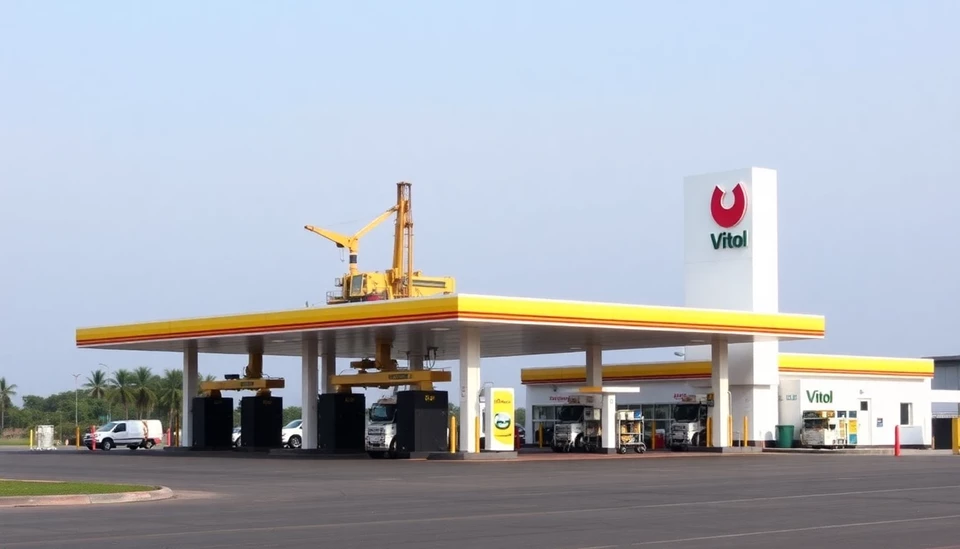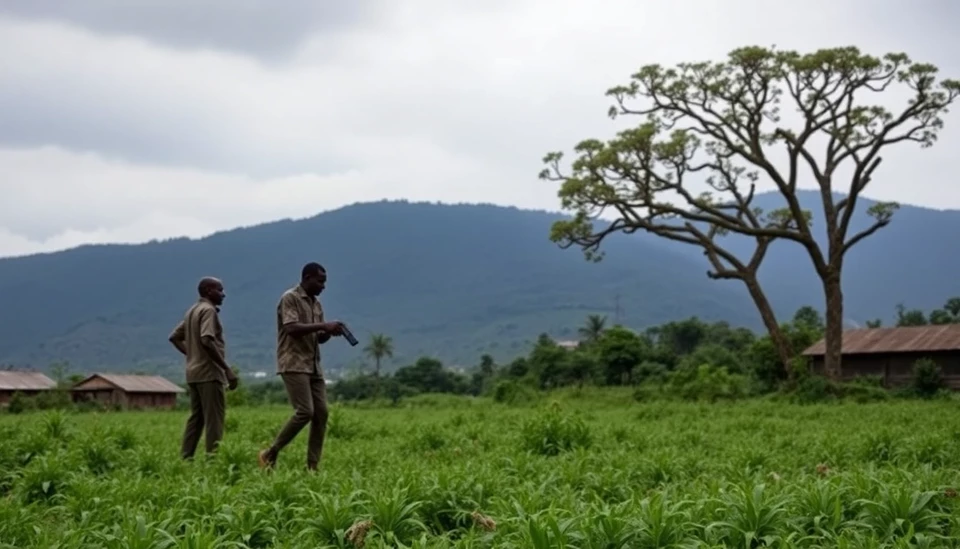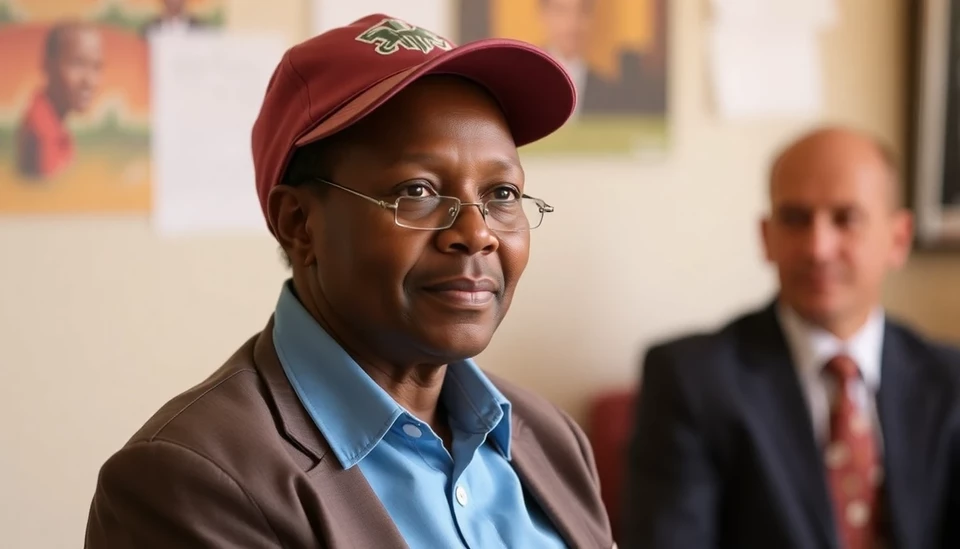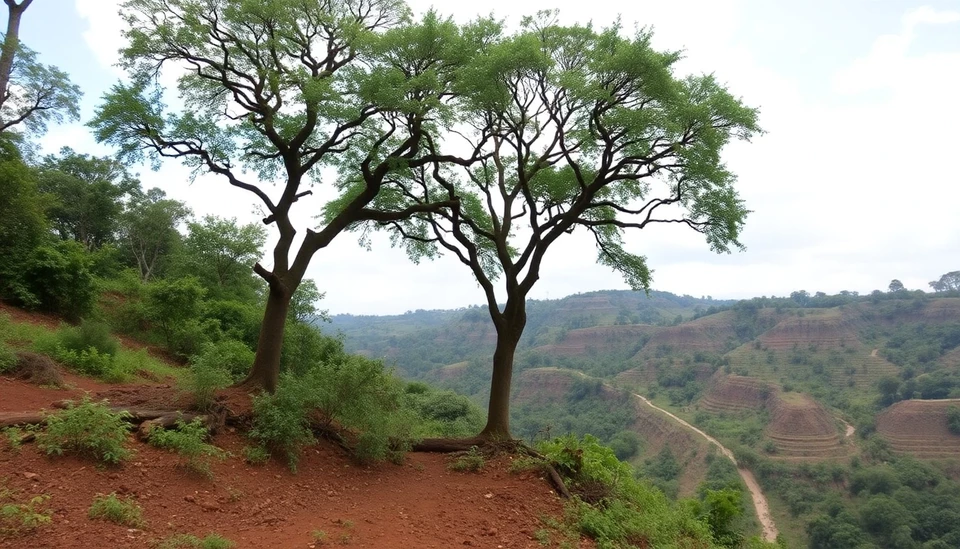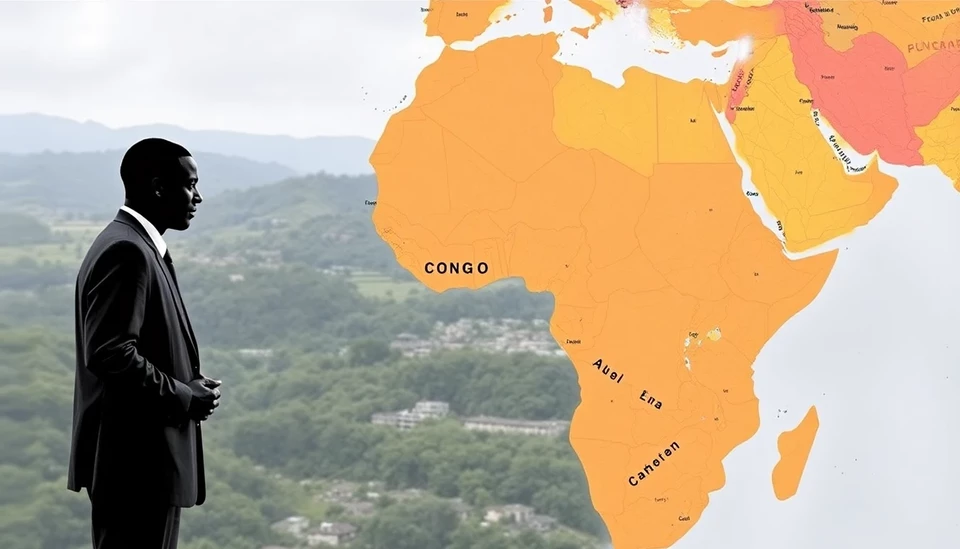
In a significant move that promises to bolster the Democratic Republic of Congo’s (DRC) economic prospects, the government is set to finalize a groundbreaking deal with the International Monetary Fund (IMF) for new financing of $2.9 billion. This agreement is aimed at supporting the country’s recovery from economic strains exacerbated by global challenges and internal issues.
The impending agreement comes as part of the IMF’s Extended Fund Facility (EFF), which is designed to provide financial assistance to countries facing balance of payments problems. This particular financing package is anticipated to play a pivotal role in stabilizing Congo's economy, reducing inflation, and stimulating growth that has lagged in recent years.
Economic analysts have noted that the DRC, rich in natural resources such as copper and cobalt, has struggled with high inflation and currency depreciation. The IMF's support is viewed as crucial to restoring confidence in the DRC's financial system, facilitating investment, and fostering a conducive environment for economic recovery.
Congo's Minister of Finance emphasized the importance of this agreement, stating that the funds will not only serve immediate fiscal needs but will also lay the groundwork for long-term sustainable economic development. The financing is expected to be disbursed in tranches, pending the government’s adherence to certain agreed-upon economic reforms.
As part of this arrangement, the DRC government will be tasked with implementing key structural reforms aimed at enhancing fiscal discipline, increasing revenue collection, and ensuring transparency in the management of public resources. The IMF has underscored that these measures are critical for the success of the financial package and for the overall economic health of the nation.
Critics, however, have raised concerns regarding the potential social implications of the stringent measures often associated with IMF programs. There is apprehension that the required austerity measures could lead to increased hardship for the Congolese population, who are already grappling with poverty and limited access to basic services. The government has pledged to prioritize social safety nets to mitigate these impacts.
This announcement has generated palpable optimism among stakeholders, including investors and civil society organizations, who are hopeful that the agreement can inject much-needed liquidity into the Congolese economy. It is seen as a crucial step in harnessing DRC’s vast mining potential while also addressing the dire socio-economic challenges faced by its citizens.
The deal is also expected to positively influence the DRC’s standing in international financial markets, potentially paving the way for additional investments and partnerships. The commitment to implementing economic reforms could signal to foreign investors that the government is serious about improving the business climate.
In conclusion, the forthcoming agreement with the IMF represents a landmark opportunity for the Democratic Republic of Congo, one that could reshape the nation’s economic landscape if managed effectively. The eyes of the world will be on Congo as it embarks on this pivotal phase of economic rejuvenation.
#Congo #IMF #Funding #EconomicRecovery #FinancialAssistance #DRC #InvestmentOpportunities #SustainableDevelopment
Author: Laura Mitchell
